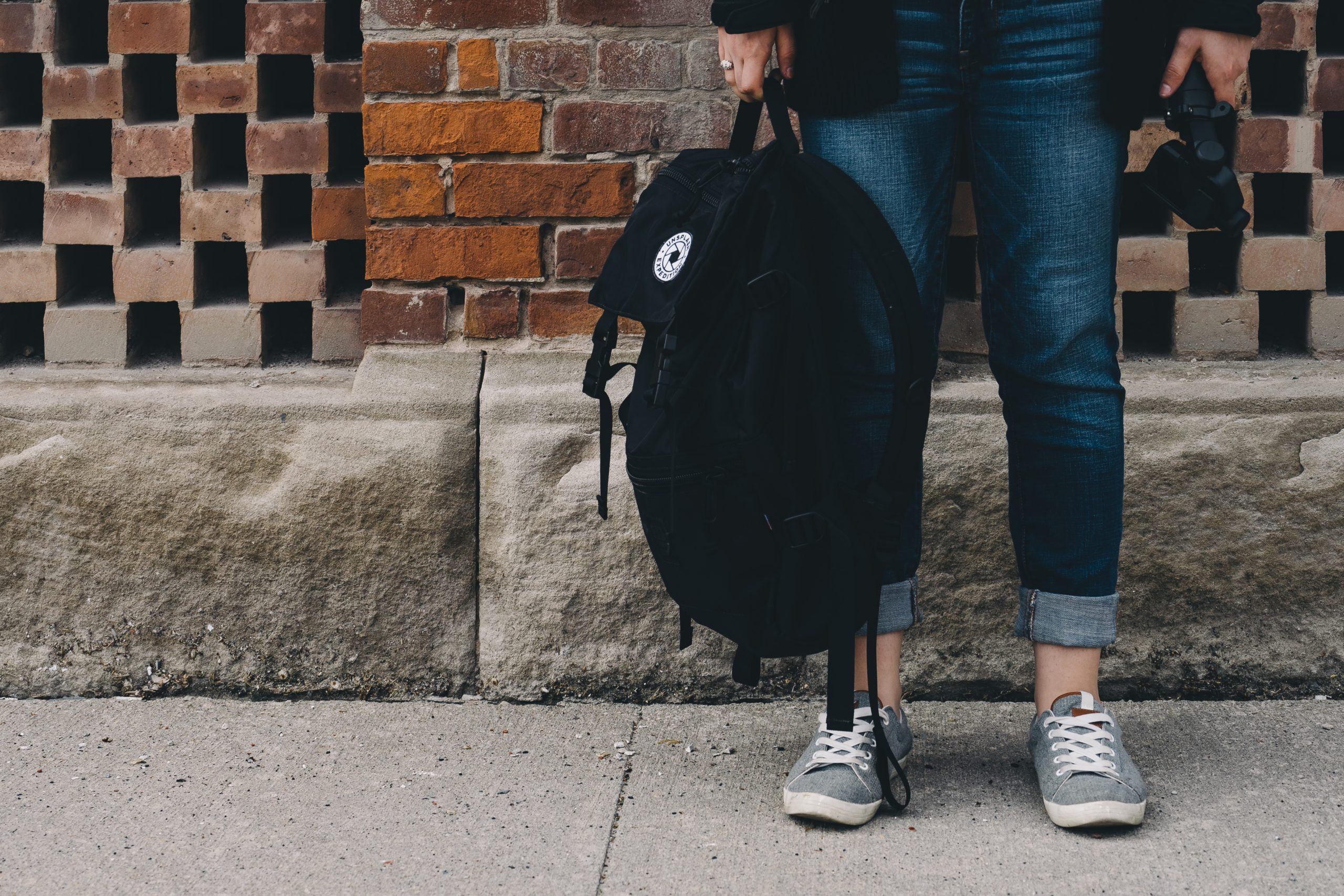College students across the US participated in socially-distanced demonstrations against sexual violence on campus this week, posting flyers and writing chalk messages around their schools to draw attention to this still-underreported problem.
Also taking place in the UK, these coordinated demonstrations were organized by the University Survivors Movement (USM), which was launched in November 2020 and currently has 33 member universities in both countries. The network continues to grow, with students at more schools setting up Instagram accounts to share their anonymous stories of sexual assault.
Some universities, such as Boston University, have come under heavy fire under the #ouruniversityhasaproblem hashtag regarding the administration’s lack of action regarding several reports of sexual assault.
View this post on Instagram
‘Our University Has a Rape Problem’
Prisha Sujin Kumar, alongside other co-founders, set up an Instagram account named Campus Survivors where students could anonymously share their experiences of sexual assault on campus. The account’s feed is filled with more than a hundred posts dedicated to retelling their stories, occasionally interrupting the flow to post updates on reactions from the administration.
One post from a survivor regarding her alleged experience with a biology professor prompted “numerous tags by commenters” to the department’s Instagram until their account was deactivated. This was quickly noted by Campus Survivors and called out in a separate post in August 2020.
“Boston University has and continues to show students that they care more about their public image than the safety of their own students. If you can’t hold your faculty accountable, how can we expect you to do the same for students?” the post questioned.
Kumar shared to the Daily Free Press that the administration’s “consistent failure to address issues with sexual assault, specifically with BIPOC, LGBT, and disabled students, was the last straw.”
“This is unacceptable, and I am lucky enough to have told my story enough times that I felt comfortable enough to help organize a protest with other activists,” she finished.
University Survivors and #MeToo
The USM shares many similarities with the #MeToo movement, which began in 2017 when many women were empowered to come forward and share their stories of sexual violence on social media.
One of the administrators behind the Voices of Brown, an Instagram account dedicated to posting anonymous submissions of sexual violence as experience by students at Brown University, told CBS News that #MeToo was instrumental in bringing home the urgency and widespread nature of sexual assault.
View this post on Instagram
“We needed to feel that collective pain — that of knowing survivors’ and perpetrators’ names, knowing many of them personally, working with them — in order to begin better empathizing with the issue of sexual violence as a society,” she explained.
However, the cost of sharing their stories often came at too heavy a price, she added. The anonymous nature of the USM gives other survivors the opportunity to share their experiences without having to compromise their privacy, mental health, and support systems.
Anonymity has made it more accessible for other people to speak up, and the number of stories plays a role in how communities understand the depth of sexual assault as an issue on campus.
“The sheer number of stories we are all collecting on our accounts is helping our communities understand that this isn’t about a few instances here and there — there’s structural, systemic violence at play and we need to address it together,” she concluded.



